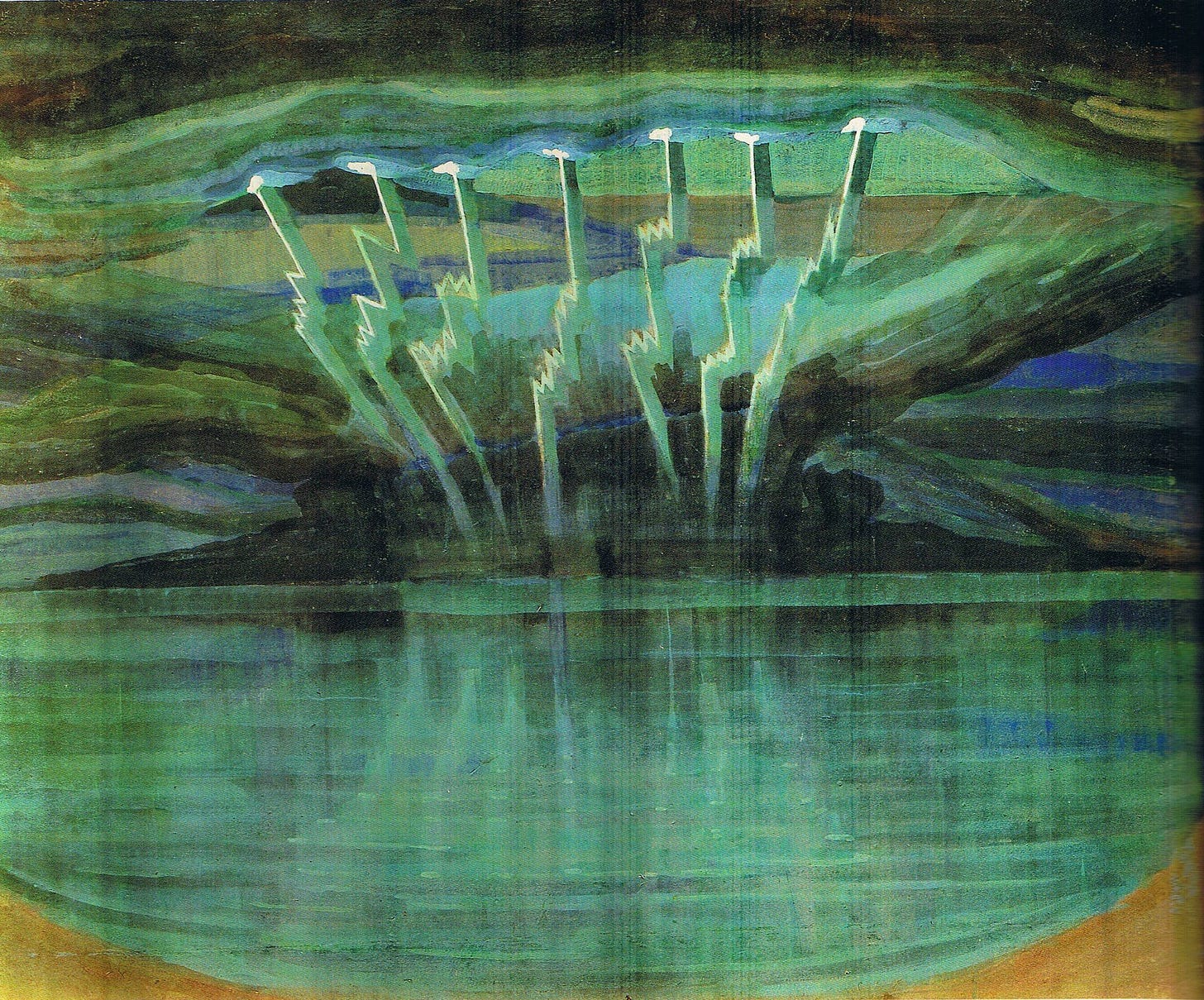Lightning
Standing under 54,000 degrees Fahrenheit
For several hours, Wednesday evening: high winds and waggling trees. Grapevines outside my borrowed cottage got whacked. All the bluster yanked my socks off the laundry line and tossed them in the dirt.
As I wrote here last week, I’m currently attending an artist retreat in Eastern Europe. On Tuesday, …
Keep reading with a 7-day free trial
Subscribe to Meditations in an Emergency to keep reading this post and get 7 days of free access to the full post archives.


